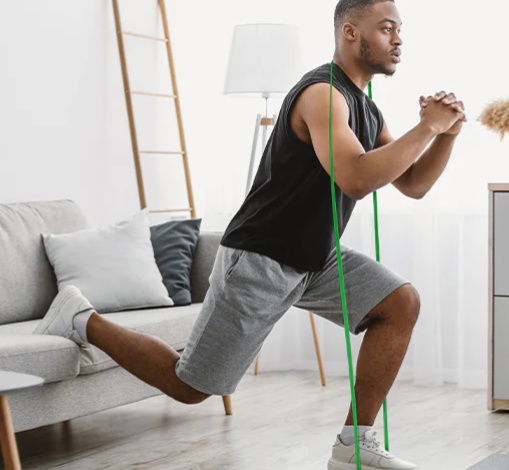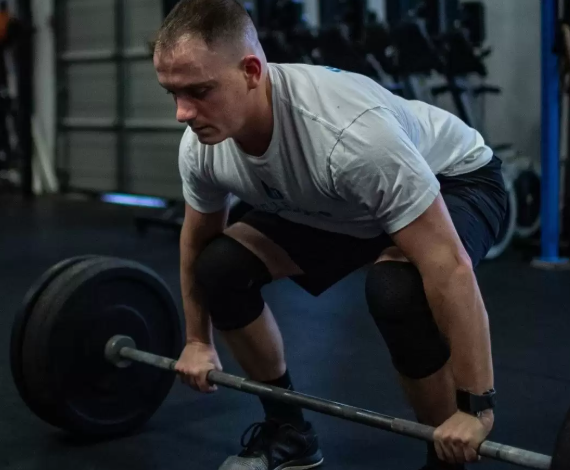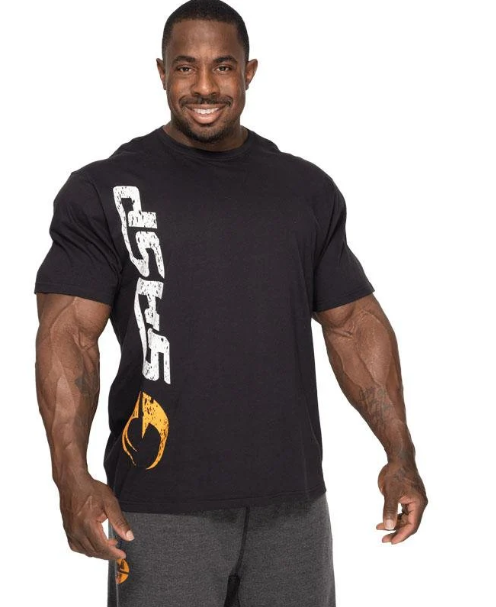
Maximizing Athletic Performance with Performance Physical Therapy
Achieving peak athletic performance requires more than just hard work; it’s about working efficiently and optimizing your body’s potential. Whether you’re a professional athlete, a weekend warrior, or just starting on your fitness journey, performance physical therapy can play a vital role in helping you reach your goals and stay injury-free.
What is Performance Physical Therapy?
Performance physical therapy goes beyond traditional rehabilitation. It’s designed to help athletes improve their physical capabilities while preventing injuries. This approach focuses on the entire athlete, addressing not only physical health but also mental and emotional aspects, ensuring a holistic approach to achieving peak performance.
Assessing Your Athletic Performance
The first step in any improvement plan is understanding where you currently stand. A thorough assessment helps identify strengths, weaknesses, and areas for improvement. Here’s how it works:
1. Performance Metrics
Measure key aspects of performance such as speed, endurance, strength, flexibility, and agility. Using technology like wearable devices can help track these metrics over time, providing a clear picture of progress.
2. Sport-Specific Evaluation
Work with a performance physical therapist or sports specialist to evaluate your skills in relation to your specific sport. This allows for pinpointing areas that need enhancement to give you an edge in competition.
3. Goal Setting
Establishing clear, realistic goals is crucial. Break down long-term objectives into smaller, manageable milestones to stay motivated and track progress effectively.
Creating a Customized Training Plan
Once your baseline is established, a personalized training plan is key to improving performance. A performance physical therapist will create a plan that focuses on the areas where you need the most work, ensuring you make consistent progress.
1. Targeted Exercises
The plan will include exercises designed to enhance strengths and address weaknesses. These exercises will be tailored to replicate the demands of your sport, helping you build the skills necessary for success.
2. Holistic Approach
Your training plan will cover all aspects of fitness, including strength, flexibility, endurance, and agility. Balancing these components prevents muscle imbalances that could lead to injury.
3. Periodized Training
A well-structured training schedule will involve cycles of intensified training and recovery. This prevents overtraining while optimizing performance gains and ensuring steady progress.
Injury Prevention and Management
Injuries can significantly disrupt an athlete’s progress, but performance physical therapy prioritizes both prevention and management.
1. Prehabilitation
This involves identifying potential injury risks before they become problems. By focusing on strengthening vulnerable areas, your therapist can help prevent injuries before they occur.
2. Rehabilitation
In the event of an injury, performance physical therapy provides evidence-based rehabilitation strategies to get you back on track quickly, minimizing downtime and maximizing recovery.
3. Education
You’ll receive training on injury prevention techniques and learn how to recognize early warning signs of injury, allowing you to take proactive measures to protect your body.
Nutrition for Enhanced Performance
Nutrition is crucial for optimal performance, and many performance physical therapists collaborate with nutritionists to ensure athletes are fueling their bodies correctly.
1. Tailored Diet Plans
Your therapist and nutritionist will work together to create personalized dietary recommendations that meet your energy needs and help you achieve your performance goals.
2. Nutrient Timing
Strategically timing meals and snacks around your workouts can help improve performance and recovery. This includes ensuring you’re eating the right foods at the right times to support energy levels and muscle repair.
3. Recovery Nutrition
Post-workout nutrition plays a significant role in muscle recovery and reducing inflammation. A proper recovery meal can enhance your overall performance and accelerate healing.
Mental Performance Optimization
Strong mental performance is just as important as physical strength. Performance physical therapy also focuses on mental training to help you stay focused, manage stress, and perform under pressure.
1. Mindfulness Techniques
Mindfulness exercises help improve focus, reduce anxiety, and increase mental clarity during training and competition.
2. Visualization
Visualization practices can enhance mental preparation, boosting confidence and reinforcing a positive mindset before and during performance.
3. Stress Management
Learning techniques for managing stress can be vital, especially when dealing with the pressures of competition. Your therapist will guide you in effective strategies for coping with mental pressure.
Monitoring Progress
Performance is a continuous journey, and tracking progress is essential to ensure you’re heading in the right direction. Performance physical therapy integrates various methods for monitoring your improvement.
1. Data and Technology
Using performance metrics from wearable devices and other technology allows for precise tracking of your progress and helps identify areas for further improvement.
2. Feedback and Adjustment
Regular feedback from your therapist ensures your training plan is working. Adjustments can be made based on your progress or setbacks to keep you moving toward your goals.
3. Technological Integration
Incorporating biomechanical assessments and advanced performance analysis tools ensures that you’re training efficiently and reducing the risk of injury.
Conclusion
Performance physical therapy is a comprehensive and strategic approach to becoming a better athlete. By focusing on your physical, mental, and nutritional needs, and working closely with experts, you can create a tailored plan that helps you reach your full potential. With the right guidance, you can stay injury-free, improve your athletic abilities, and reach new heights in your sport. Whether you’re aiming to break your personal best or compete professionally, performance physical therapy provides the tools and support you need to succeed.






